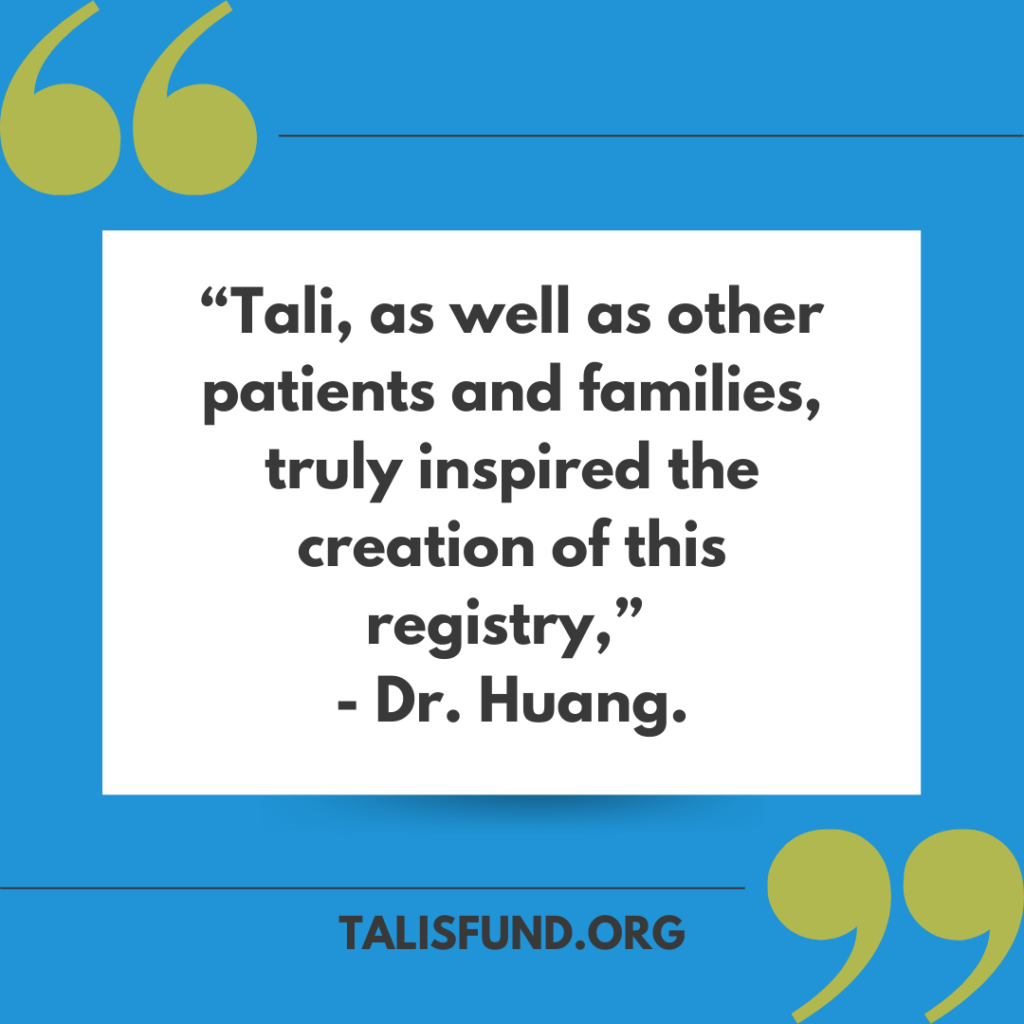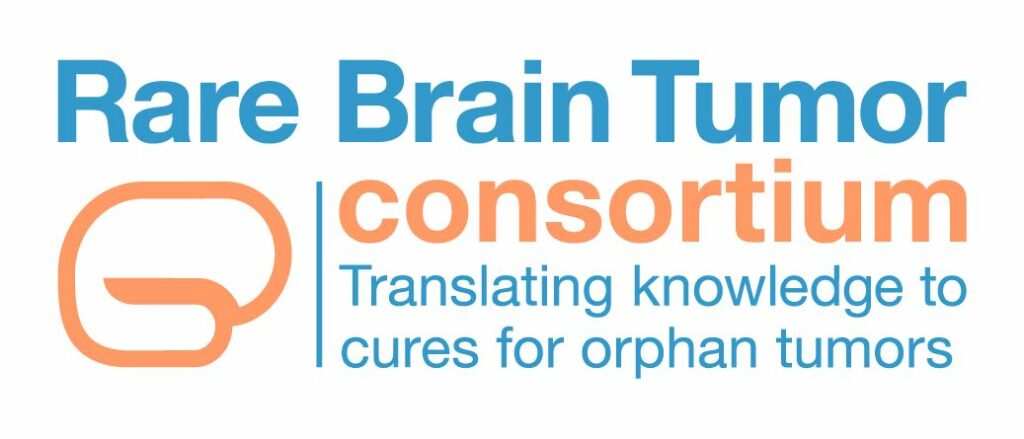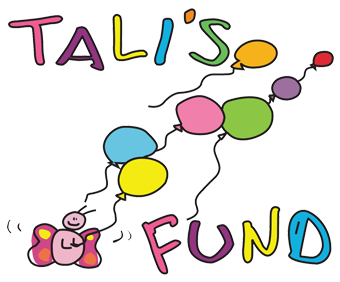Rare Brain Tumour Consortium
Led by Dr. Annie Huang at the Hospital for Sick Children (SickKids) in Toronto, Canada, the Rare Brain Tumor Consortium, or RBTC is an international collaborative network of clinicians, scientists, patient advocates, and families dedicated to making rare brain tumours in children a curable disease.
The RBTC collects and stores data on patient diagnosis, demographics, treatment, and survival. To date, they have analyzed the genetic makeup of more than 3,000 tumour samples of over 2,100 patients from over 140 centres in 35 countries — the most extensive data gathered in this area worldwide.
The RBTC has already facilitated revolutionary, quantitative advances in our knowledge about 3 types of rare childhood brain cancers, including ATRT, ETMR and Pineoblastoma.
ATRT research facilitated by the RBTC
Research initiated in 2008 by Tali’s Fund in Toronto, Canada under the direction of Dr. Annie Huang, produced promising data that facilitated the setup of a larger registry and repository through the Rare Brain Tumor Consortium.
This allowed for the collection of data from ATRT children from all around the world, and for a global collaborative study involving over 40 countries, which led to ground-breaking discoveries about ATRT. Starting with 14 ATRT patients in 2008, the RBTC registry now has almost 630 ATRT patients registered. Tali’s Fund continues to support ATRT research, as well as to help support the Rare Brain Tumor Consortium.
“Every child that is in the registry – Tali’s legacy has touched. And for every child who has done well, all the data from the other children, including Tali, has had a hand in contributing to that success… I hope that all the information and all the resources collected will be used by the next generation of scientists and physicians who take care of the next generation of children, to continue to improve our understanding and the way we treat ATRT.” – Dr. Huang


Information for Parents
Firstly, it means that your child’s name and clinical data (demographics, history, diagnosis, treatment, and outcomes) will be documented in a central registry.
Secondly, you can donate your child’s biological material for analysis and research. This includes tumour tissue, cerebrospinal fluid, and blood. Blood from other family members can also be collected, so that researchers can explore whether there is a genetic basis.
Registering your child during their active treatment stage might be helpful in terms of directing you to the best treatment options available. In addition, if your child’s data and biological materials are centrally deposited, it allows researchers to learn from them, and this can help change the outcome for other children. Your child’s tumour and data will always be there, and it can be used over and over again as new tools are developed. It leaves a legacy for the future.
You can donate your child’s data at any point in the process – whether your child is currently in treatment, your child survived and is post-treatment, or even if your child did not survive.
“We want parents to understand how powerful this is…The sharing of even the most minimal info of a child with such a rare disease… there are no words to describe how valuable this is.” – Dr. Huang
Talk to your child’s oncologist, provide the RBTC website link, and the oncologist can reach out to the RBTC team. Permission is needed from them to use the material, and there is some legal paperwork that needs to be submitted between the hospitals that are accepting and transferring material. But the ultimate permission lies in the hands of the parents.
If needed, you can reach out directly to the RBTC team through the website (by email) and they can reach out to the oncologist.
You will be asked for signed consent (agreement on the part of the family to share the tumour material and clinical information, as well as materials such as blood from different family members). The RBTC team will then send out a data collection sheet or give you and your medical team permission to enter the details in the RBTC database.
